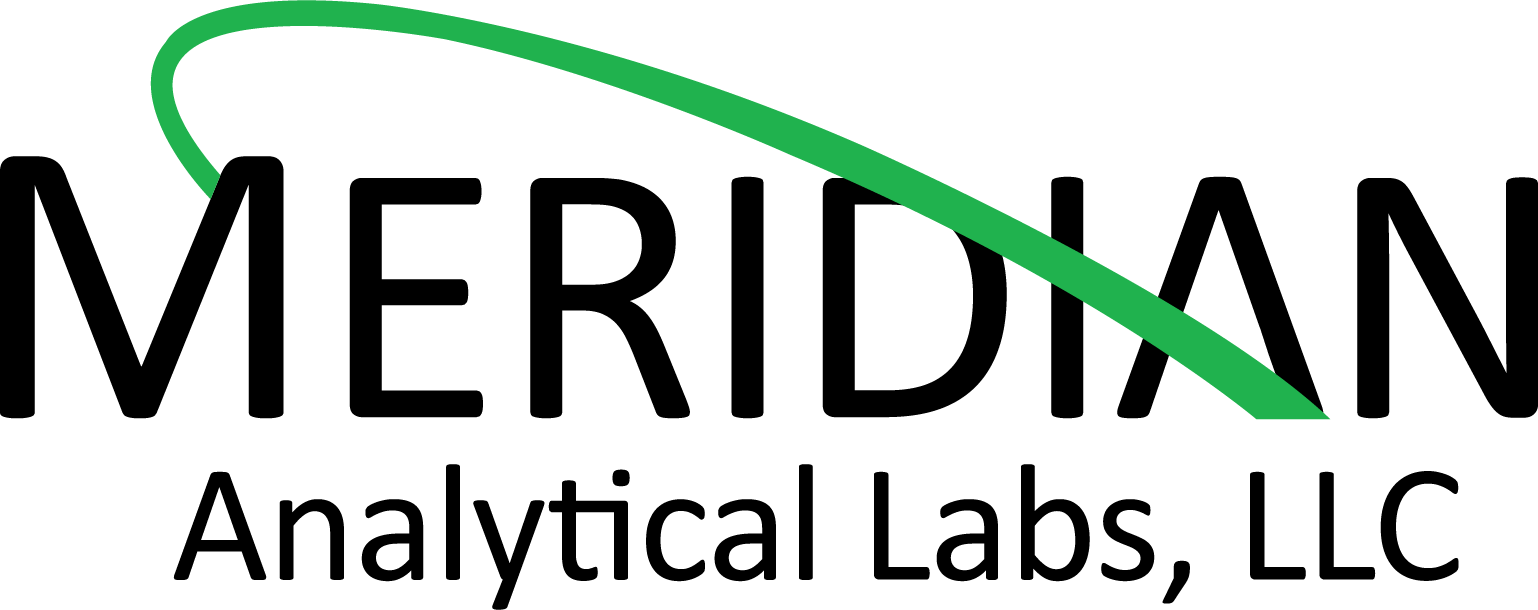WICHITA LOCATION
2626 South Rock Rd, Suite 124
Wichita, Kansas 67210
MOUND VALLEY LOCATION
111 East 5th St., Box A
Mound Valley, Kansas 67354
WICHITA LOCATION
2626 South Rock Rd, Suite 124
Wichita, Kansas 67210
MOUND VALLEY LOCATION
111 East 5th Street Box A
Mound Valley, Kansas 67354
Residential Water Testing
Get To Know Your Water
Meridian Labs provides you with the peace of mind that comes with knowing your home's drinking water is free of harmful contaminants.
Our chemists have developed water testing packages that address residential and homeowner concerns. Whether your water comes from a private well, or from a public water supply, Meridian has a water testing package that will help you determine the water quality in your home.
-
Household Package
Includes most common natural occuring factors that will flavor or color your water, stain fixtures, or possibly make you ill at high enough levels.
- pH
- Chloride
- Fluoride
- Total Hardness
- Nitrate-Nitrogen
- Calcium
- Magnesium
- Sodium
- Sulfate
- Iron
- Manganese
- Conductivity
- Total Dissolved Solids (TDS)
- Total Coliform & E. Coli (Bacteria)
-
Livestock Package
Good water quality and cleanliness can increase water intake and improve livestock production. These tests are designed to look for substances that reduce palatability of eater and affect animal health.
- pH
- Chloride
- Total Hardness
- Nitrate-Nitrogen
- Calcium
- Magnesium
- Sodium
- Sulfate
- Iron
- Manganese
- Conductivity
- Totale Dissolved Solids (TDS)
-
Irrigation Package
To determine suitability of well water for irrigation of lawns & crops.
- pH
- Chloride
- Total Hardness
- Nitrate-Nitrogen
- Calcium
- Magnesium
- Sodium
- % Sodium
- Sulfate
- Sodium Absorption Rate (SAR)
- Conductivity
- Total Dissolved Solids (TDS)
-
Basic Package
Most commonly used as the minimum requirement to purchase, sell or refinance a property.
- Total Coliform & E. coli (Bacteria)
- Nitrate-Nitrogen
-
Pool Package
This is to assess pool water quality.
- pH
- Chloride
- Total Hardness
- Nitrate-Nitrogen
- Calcium
- Magnesium
- Sodium
- Sulfate
- Iron
- Manganese
- Conductivity
- Totale Dissolved Solids (TDS)
- Langelier Saturation Index
- Ryzner Stability Index
- Alkalinity
-
Heat Pump Package
Used to preserve the life and warranty of your heat pump.
- pH
- Chloride
- Total Hardness
- Nitrate-Nitrogen
- Calcium
- Magnesium
- Sodium
- Sulfate
- Iron
- Manganese
- Conductivity
- Total Dissolved Solids (TDS)
- Total Suspended Solids (TSS)
- Ammonia-Nitrogen
- Langelier Saturation Index
- Ryzner Stability Index
- Alkalinity
-
Hydraulic Fracturing-Related Testing***
Hydraulic fracturing is a controversial oil and gas extraction technique developed in the late 1940's to gain access to fossil energy deposits previously inaccessible to drilling operations. There is growing concern that these practices may impact surface water and water wells, affecting humans and livestock.
- pH
- Alkalinity
- Arsenic
- Barium
- Bromide
- BTEX and Isopropanol
- Chloride
- Hardness
- Manganese
- Methanol
- Nitrate
- Nitrite
- Sodium
- Specific Conductance
- Strontium
- Sulfate
Chain of Custody Forms
Residential / Private Well
Residential / Private Well
Water Sample Collection Procedure
1. Take your water sample from a rigid faucet or spigot. If you are sampling from an outside water source, you will need to sterilize the spigot with bleach or fire and then you must allow the water to run at a moderately slow flow for about 3 minutes before collecting the sample (do not adjust the flow for collection).
a. If you are sampling indoors, select a non-swiveling faucet, use the cold-water side, and remove the aerator, if present. Again, you must allow the water to run for 3 minutes before sampling.
b. Do not collect from: water softeners, charcoal filters, leading faucets, hot water faucets, or sill cocks, whenever possible.
2. Run the cold water at a steady rate for about 3 minutes before sampling. During this time, wash your hands or use an appropriate hand sanitizer.
3. Sampling can be accomplished using several types of sample containers:
a. Sampling with (preserved) bacteria bottle supplied by the Lab: Open the lid of the sample bottle. Holding the lid in your free hand, fill the bottle to BETWEEN the lines without letting the water splash out of overflow. Replace the lid, tightening securely. (There may be a small amount of liquid or dried preservative in the bottle. It is very important that you leave this in the bottle.
b. Sampling with a non-preserved bottle supplied by the Lab: Remove the lid and, holding the lid in your free hand, fill the bottle to the neck. Replace the lid and tightening securely.
c. Sampling with a NEW drinking water bottle: Remove the lid from a NEW drinking water bottle (not a vitamin water or water that has been fortified with minerals). Hold the lid in your free hand. Pour the contents out and rinse 2-3 times with your tap water. Then, fill and recap the bottle.
d. CAUTION – DO NOT set the lid down as this can introduce contamination into your sample.
4. Return the water sample to the Lab as soon as possible. We need to begin testing the sample within 6 to 24 hours. We recommend sampling between LATE Sunday evening and Thursday noon, with delivery to the lab as soon as possible after collection. Our Sample Drop off times are Mon-Thurs 7am-3pm. If you bring the sample to the lab on a Friday there is an additional weekend surcharge .
Recommended Testing Frequency*
Kansas Department of Health and Environment (KDHE) and K-State Research and Extension strongly recommend at least annual water tests for coliform bacteria and nitrate. However, a reliable indicator of safe water requires more frequent, quarterly testing.
Water should be tested for common impurities and nuisance contaminants every few years. Except for a few cases of gross contamination, they change slowly so a test every 3 to 5 years is adequate. These tests form a basis for comparison to detect possible contamination.
An annual water test for total coliform bacteria is the most important (the primary indicator) to evaluate safety of drinking water. Tests at least 4 times a year are required for a reliable indication of safe water.
A test for fecal coliform or E. coli bacteria is recommended any time total coliform bacteria are present. Finding fecal or E. coli bacteria means there is contamination from a human or animal fecal source. Pathogens can exist in the drinking water. Water must not be used for drinking, cooking, or washing without disinfection.
* "Recommended Water Tests for Private Wells", Kansas State University Agricultural Experiment Station and Cooperative Extension Service, MF-871, May 1999
Get Reliable Results
Contact us today!
All Rights Reserved | Meridian Analytical Labs, LLC


